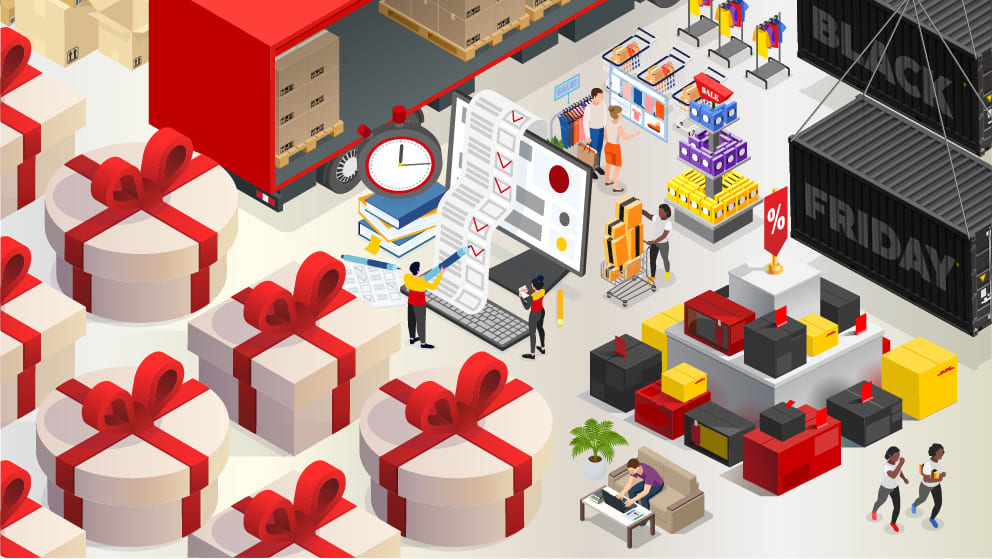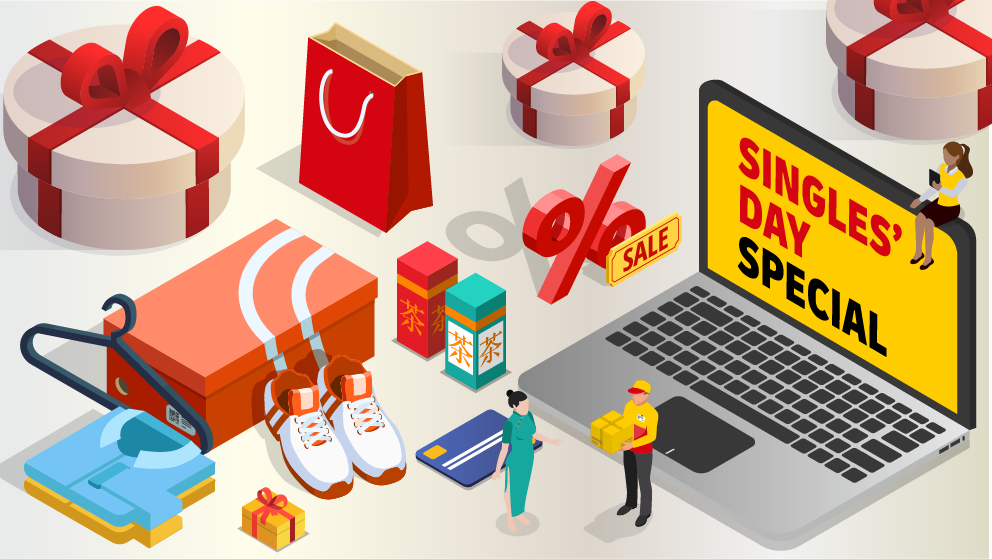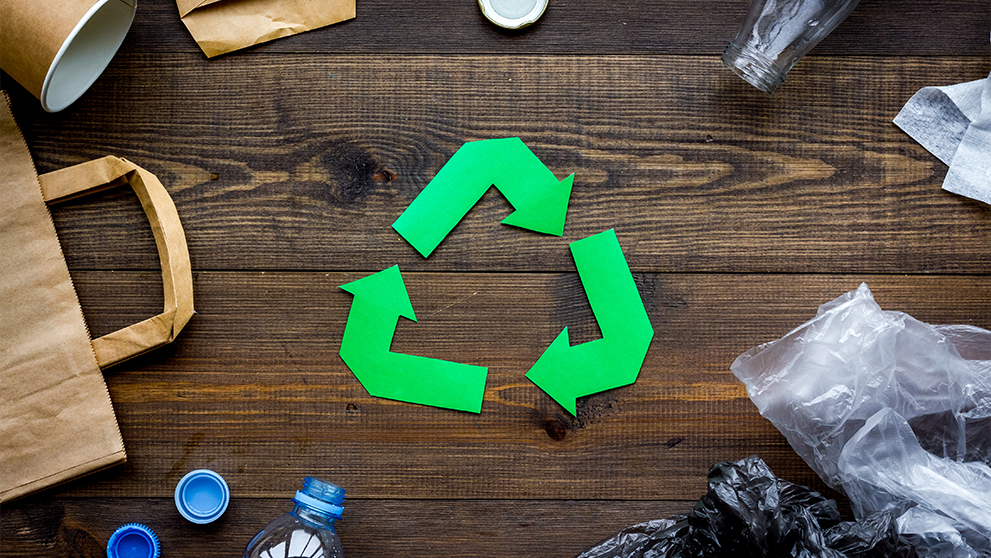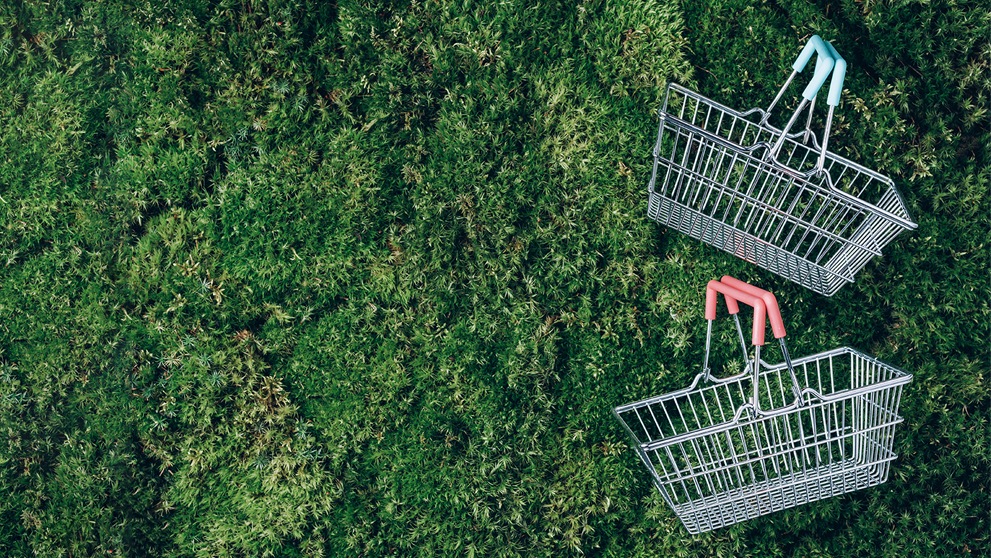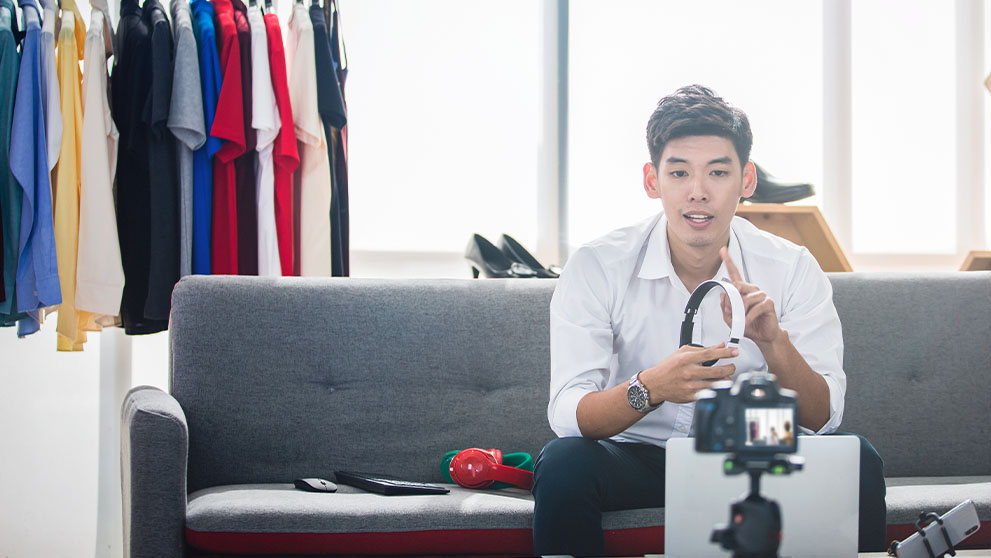A new entry into the top 10 e-commerce websites, different ways to tackle the eco-friendly conundrum, and a self-driving van that’s ready to hit the road – this week’s AOB is ready and waiting.

Pinterest launches Verified Merchant Program
After a record-breaking US$399.9m (so close!) holiday-quarter revenue1, Pinterest has rolled out its Verified Merchant Program to help its users find – and buy from – reputable brands from Pinterest business accounts making it easier to sell on Pinterest.
The 46% revenue jump from the 2018 festive season doesn’t hide the fact that the company reported a loss of US$1.36bn for the full year, but it’s hoped the new service will expand the site’s shopping appeal.
Selling on social has incredible potential, and is a relatively cheap way to reach your target audience. So, will you be pinning your hopes on this latest Pinterest innovation?

Allegro breaks into top 10 biggest e-commerce websites
Hosting 194m visitors each month, the Polish online retail platform Allegro has broken into the top 102 – and is closing in on Tmall and Shopee as it continues its rise.
Over 140,000 companies sell their products on the site, which is the only one of the list to sell in just Europe – which may be of concern to their competition should they start looking further afield.
If you’re looking to go global, there’s plenty to consider – not least the economic barriers that you could face. Luckily, Discover, and our e-commerce experts, have you covered when it comes to identifying how you can make your business an international success, through our guides on going global.

Shoppers need proof of sustainable credentials
In a week where Nike’s new CEO, John Donahoe, told CNBC that “The consumer increasingly cares about sustainability”3 luxury brands are being challenged to prove that they’re about action, rather than talk.
A University of Illinois study4 has revealed that shoppers are paying more attention to where the products they buy come from, and that when high-profile brand ambassadors engage in philanthropic activities, participants were more likely to envision themselves as engaging in philanthropic-style activities when purchasing luxury and making ethical clothing decisions.
If you’re looking to attract discerning customers with your sustainable luxury offering, simply speaking about it is no longer enough. Now’s the time to prove that you practise what you preach.

Self-driving delivery vans get the green light to test
With no steering wheel, pedals, or mirrors, the Nuro R25 might not look like a regular delivery van – but these self-driving cars could be the future of the sector. As reported by the BBC this week6, it’s been given permission to test on US roads, and it’s a big step towards autonomous vehicles and driverless delivery becoming reality.
Previous rules had required a driver to be present in the vehicle to safely take control when necessary, but, in a statement, US Transport Secretary Elaine Chao stated that these requirements “…no longer make sense” due to the R2’s top speed of 25mph.

Packing more fun into eco-friendly packaging
Admit it, as a child, sometime you had more fun playing with the box than the thing that came in it. Well, Educational Insights has tapped into this feeling – as well as the concerns of eco-conscious customers – to create an entire line of toys that incorporate the packaging into the play7.
The box for a rocket unfolds into a control center, launch tower, and landing pad, while a toy truck comes in a box that doubles as a recycling center. Head of Product Development, Heather Weeks said “We focus on products with staying power, that have evergreen play patterns that children come back to again and again... This thinking eventually led to an evolution in our packaging approach.”
While not every company can be as resourceful with its packaging, it can still act as a prime-time marketing opportunity – so, next time you’re considering a redesign, bear this in mind.




